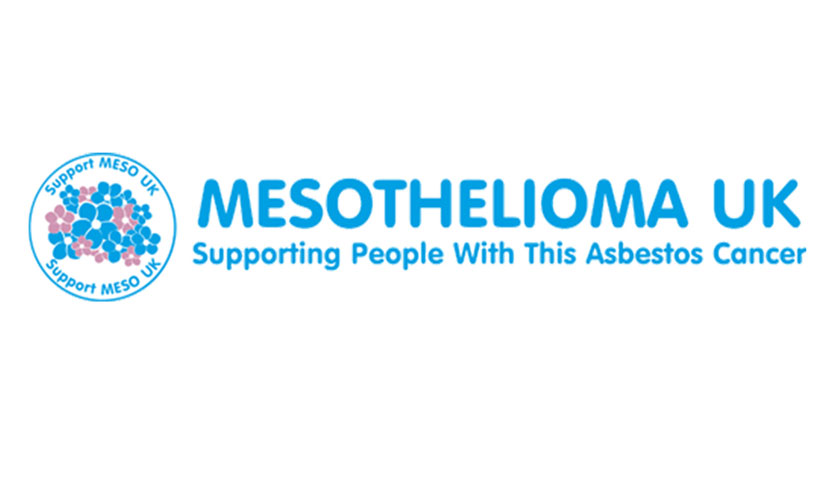Global organisations campaigning for the eradication of the asbestos hazard and support for the injured have come together to mount a new initiative: The International Mesothelioma Nurse Development Grant.[1] The launch of this pioneering grant took place on 27 August 2025 in Phnom Penh, Cambodia.
Asbestos and Dust Diseases Research Institute (ADDRI), the World Health Organisation’s Collaborating Centre for Elimination of Asbestos-Related Diseases and Mesothelioma UK, the UK-based national asbestos-related cancer charity, were in Phnom Phen as part of a team delivering a three-day training programme aimed at translating knowledge into action. The training programme called ‘Improving Diagnosis and Response to Occupational Cancers: Asbestos and Dust Related Diseases’, is supported by the Australian Government’s Asbestos and Silica Safety and Eradication Agency (ASSEA).
The International Mesothelioma Nurse Development Grant Programme will sponsor nurses in low and middle income countries to travel to the UK to work with, and learn from, the specialist Mesothelioma UK nurses. This sharing of knowledge and experience will then be translated into practice in hospitals and clinics when the nurses return home.
Speaking about the genesis of this idea, Laurie Kazan-Allen, the Coordinator of the International Ban Asbestos Secretariat (IBAS), said:
“Feedback from people on the mesothelioma frontline, patients as well as family members, is unanimous about the importance of specialist mesothelioma nurses. This hard-to-diagnose fatal disease has a wide range of distressing symptoms. Combined with the residual anger engendered by the knowledge that their diseases were completely avoidable makes the treatment of these patients a complex physical and emotional challenge. This new pilot programme will allow applicants to study cutting edge mesothelioma protocols at clinical centres in the UK and benefit from the decades of experience garnered by Mesothelioma UK personnel.”
Commenting on the new programme, Liz Darlison, Mesothelioma UK Clinical Nurse Specialist and CEO of Mesothelioma UK – which is running the UK-based programme – said:
“Mesothelioma UK is honoured and delighted to be partnering with IBAS and ADDRI to offer this opportunity. The charity has worked with many international nurses to build specialist health care capacity in several countries via online programmes and face to face, and the impact of this has been very impressive. We are committed to sharing and networking, to developing long-term relationships which can be built on in the future for the benefit of participants and ultimately patients. As always, education is a two-way process and the Mesothelioma UK team are as eager to learn from these interactions and share.”
Echoing her colleagues’ comments, Kim Brislane, CEO of Australia’s Asbestos Dust Diseases Research Institute (ADDRI), added:
“As the World Health Organisation’s first Collaborating Centre for the Elimination of Asbestos Related Diseases, ADDRI has worked closely with medical professionals on high-impact projects to raise awareness and share expertise on the diagnosis, treatment and care of people with asbestos-related diseases, not only in Australia but also in Southeast Asia and Latin America. This will be our first project aimed specifically at nurses and we are very excited about the enormous potential such training can have and the benefits it will bring to patients!”
For more information or an application pack please contact info@mesothelioma.uk.com
Full size image of Kim Brislane, CEO of Australia’s Asbestos Dust Diseases Research Institute and Liz Darlison, CEO of Mesothelioma UK available here.
[1] Mesothelioma is the signature cancer associated with asbestos-related diseases. Experts have calculated that the annual global mortality from this cancer could exceed 300,000.
Takala J. et al. Comparative Analysis of the Burden of Injury and Illness at Work in Selected Countries and Regions. Central European Journal of Occupational and Environmental Medicine. June 2017.
https://www.icohweb.org/site/images/news/pdf/CEJOEM%20Comparative%20analysis%20published%2023_1-2_Article_01.pdf
